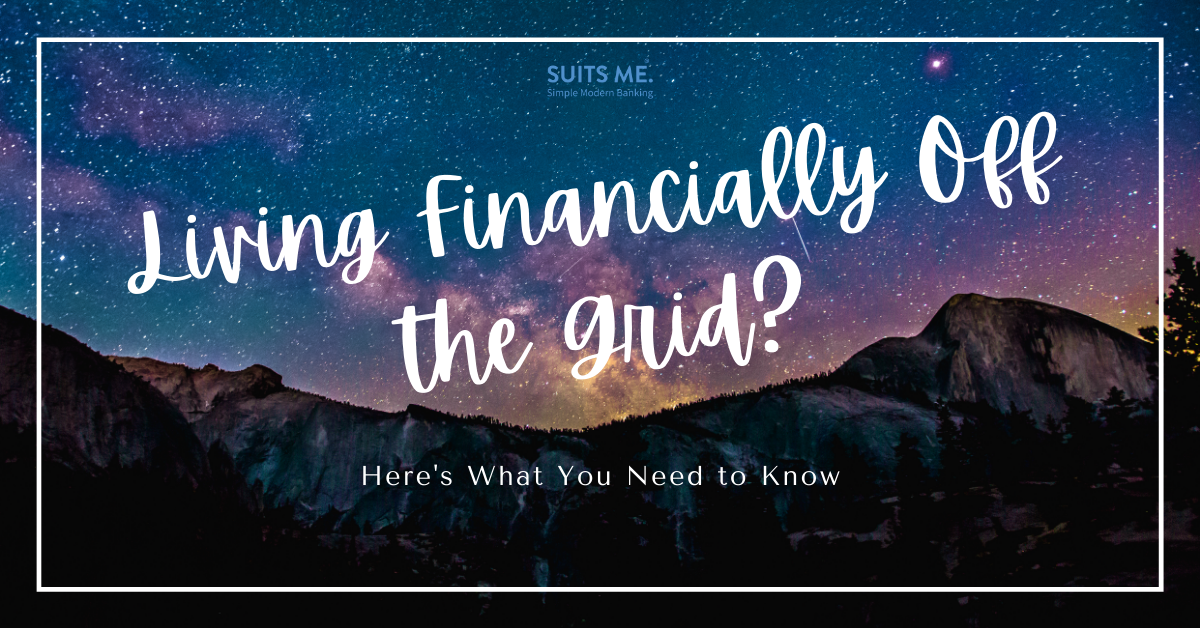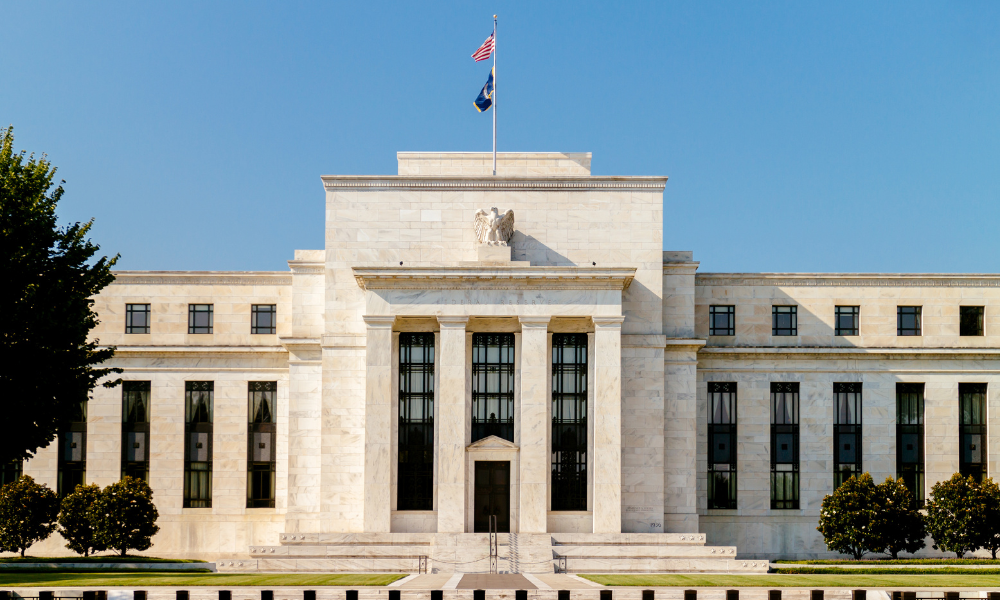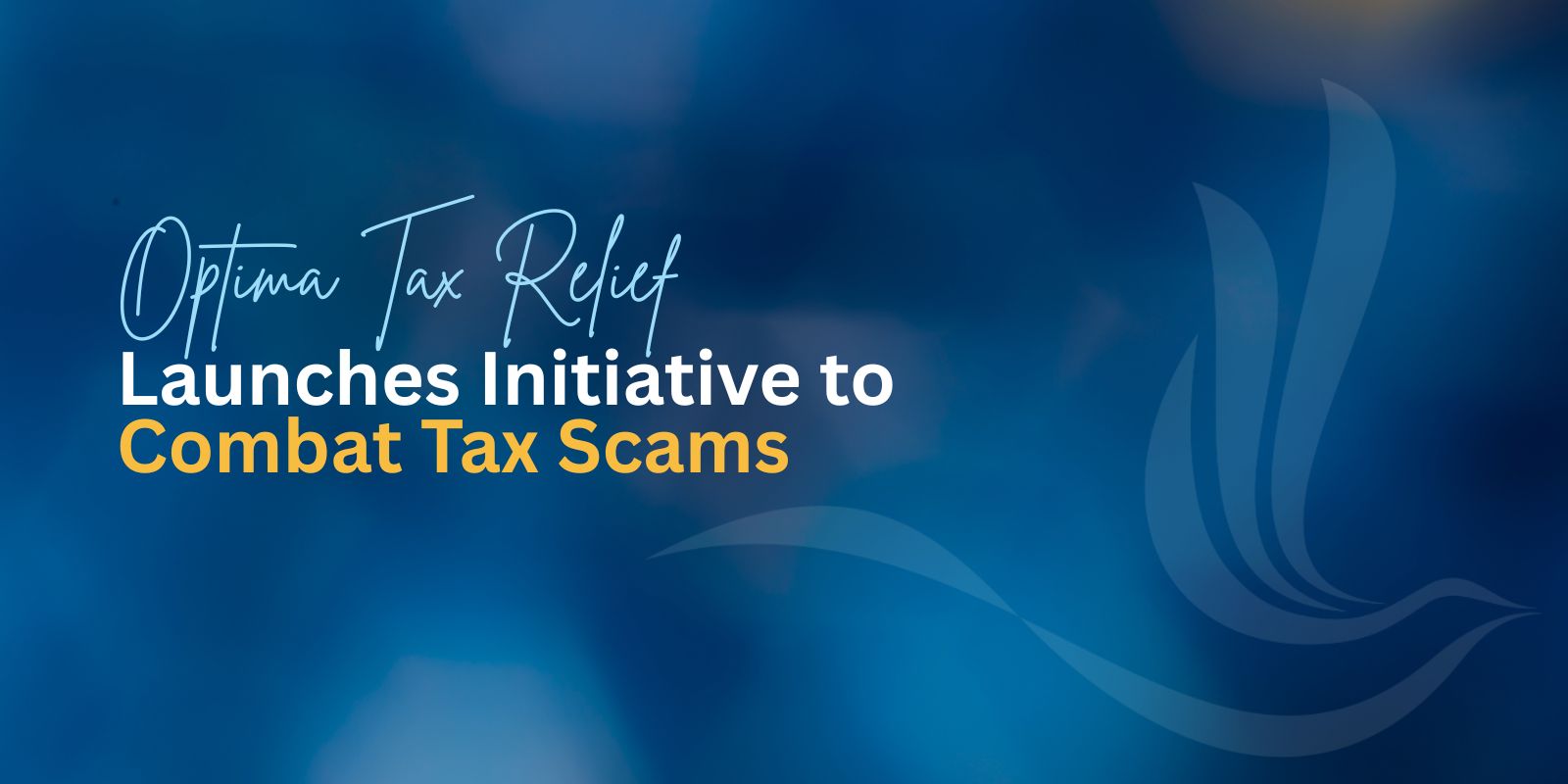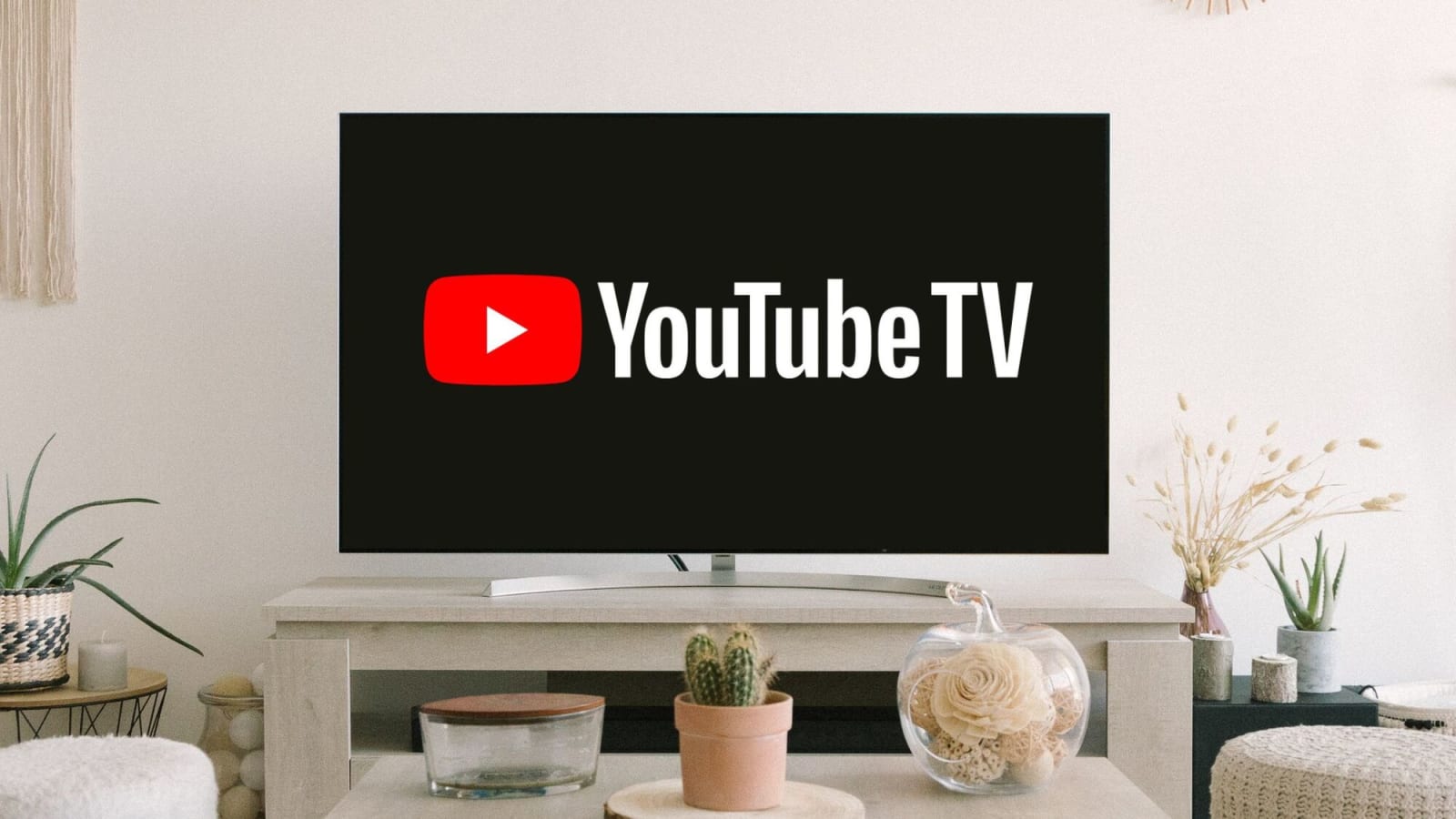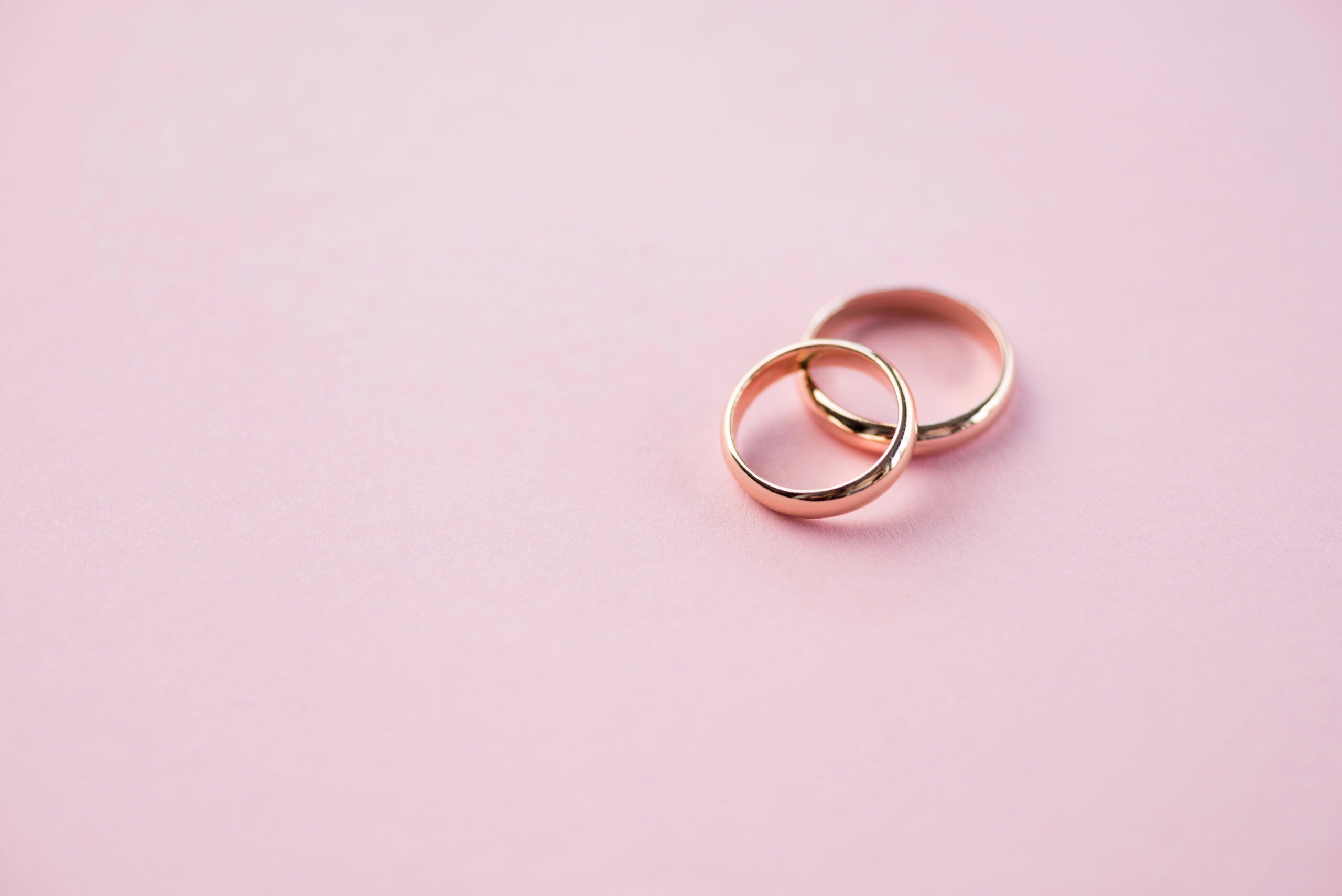It’s estimated that around 1.1 million people in the UK don’t have a bank account. While a large majority of that number is taken up with people who struggle to get access to mainstream banking products, around a third of those without a bank account do so by choice.
Going off the grid conjures up all sorts of images of moving out to the wilderness, living off the land and generally being self-sufficient. However, going off the grid financially may be a trickier prospect.
Technology drives so much of our financial activity that we can easily go weeks without handling cash.
In an increasingly cash-free world, the idea that someone would willingly forego opening a bank account may seem strange, so why do people choose to keep their money away from banks?
Why Are People Going off the Grid?
The financial crash of 2008 may have contributed to a distrust of banks, but there are many other reasons why some people reject traditional forms of banking.
For those on a low-income, having a bank account may prove expensive. Once they factor in charges for maintaining the account, paying off an overdraft, and fees for certain transactions, costs can add up. If someone is trying to be careful about every pound they spend, they may find having to pay fees unnecessarily wasteful.
Many bank accounts require a minimum monthly deposit as well, which can prove difficult to maintain for casual or freelance workers.
Another reason why people may avoid mainstream financial products is to make themselves hard to find by debtors. If they have been previously declared bankrupt, they may not want their creditors knowing that they are earning money again. This is much easier if you don’t have a bank account or credit card, which credit agencies can flag quickly.
What do People use Instead of Banks?
Although it is becoming more and more difficult to go off the grid financially, it is still doable. People can ask to be paid in cash or cheques.
In the case of cheques, they can then take them to check cashing services. These are usually located in a place like The Money Shop.
What are the Advantages of Going off the Grid?
Many people prefer the freedom it gives them. In particular, they are not subject to the many fees involved in bank accounts and other financial products. It also makes it less likely that a bank will attempt to push other products on them if they don’t have a bank account.
Many financial product providers rely on data to target potential customers, so those off the grid that the fewer banks know about them, the better.
What are the Disadvantages of Going off the Grid?
Perhaps the most obvious problem is how to store cash securely. If it’s lost or stolen, it is much harder to replace the money which is stolen through online fraud.
Another drawback is not building credit, which can make future loan or mortgage approvals less likely.
So, with that being said, do you think you could live off the grid? We’re not sure we could.
Related Posts
Publisher: Source link

